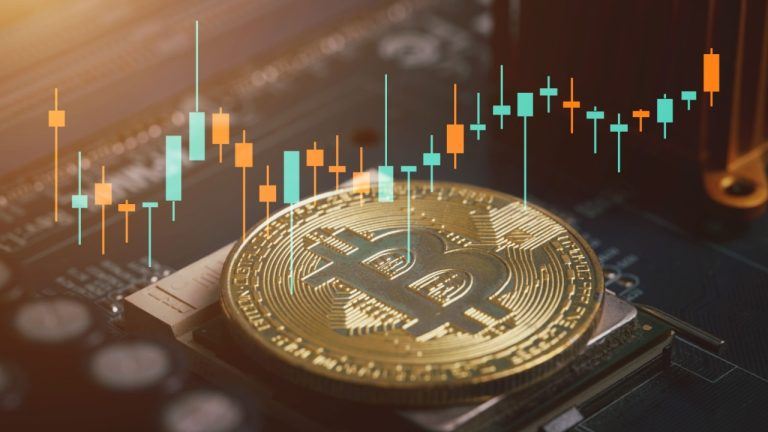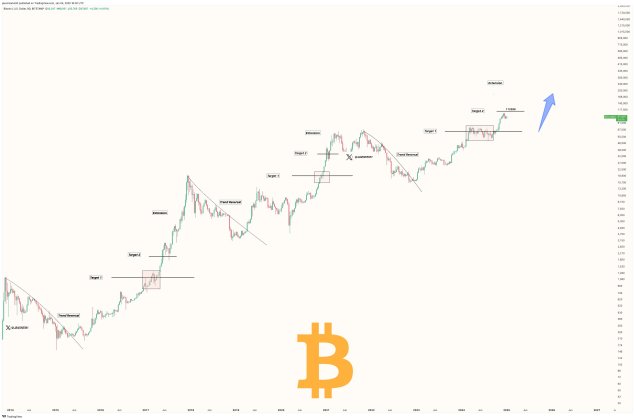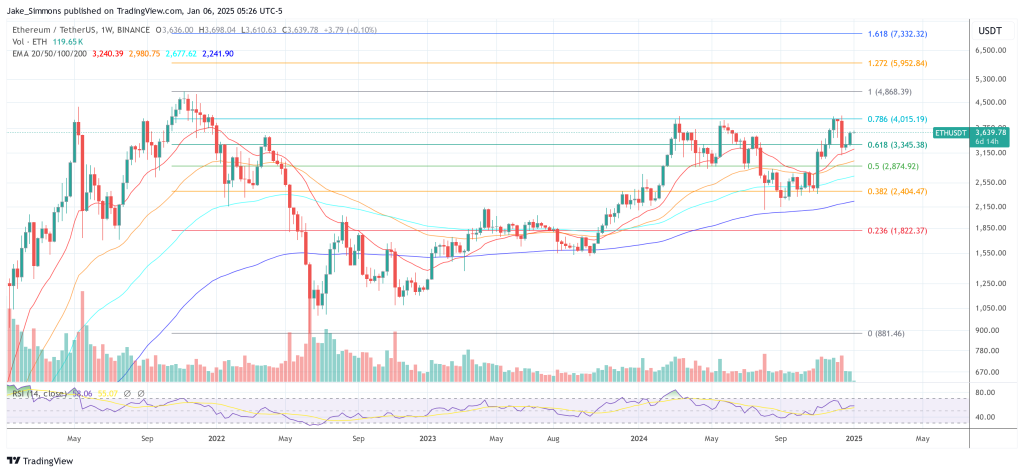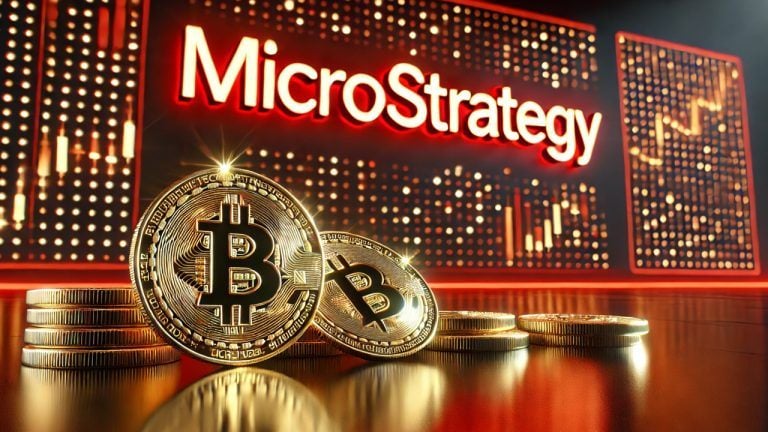
Here are some travel tips from a couple who traveled around El Salvador for 45 days using only Bitcoin.
El Salvador adopted Bitcoin (BTC) as legal tender over four months ago on Sept. 7, 2021. Bitcoiners around the world have been watching with intent as the president of El Salvador, Nayib Bukele, attempts to “orange-pill” an entire nation.
The president regularly buys the dip, has promised a low-tax Bitcoin “Citadel” in the form of Bitcoin City, and is exploring renewable energy BTC mining using volcanoes.
But what is it like for those living day to day in the smallest Central American country, known as “the land of volcanoes”? Moreover, what’s it like trying to live off only Bitcoin?
An Italian couple, Rikki and Laura, have done just that. Rikki is a Bitcoin podcaster and human rights activist, active in the space since 2016. Laura works as a community manager in the blockchain space and has been laser-focused on crypto since 2019.
After the Bitcoin Law was passed, Laura came up with the idea of traveling all around El Salvador for 45 days. The challenge? Living off only Bitcoin. No bartering, no euros and certainly no U.S. dollars.
Their experiences offer fascinating insights into the country’s history, its charming landscapes and, of course, its laser-eyed Bitcoin future. The stories of their travels can be read in English and Italian, and their podcast is called Bitcoin Italia Podcast.
On the flip side, Rikki and Laura also stumbled across weighty challenges arising from being orange-coin-only, including gaps in education and difficulties transacting with Bitcoin. They chatted with Cointelegraph via video call from Santa Ana, a coffee-rich region of El Salvador, on Jan. 24.
They are now bona fide fountains of knowledge for Bitcoiners looking to try out a BTC-only trip to El Salvador. Here are their top tips for crypto enthusiasts traveling to the tiny tropical nation.
Do you accept Bitcoin? Oh, you don’t? Ciao!
In San Salvador, lots of places accept Bitcoin — from McDonald’s to Starbucks to mom-and-pop stores. In El Zonte, known as “Bitcoin Beach” — the birthplace of the Bitcoin Law — most vendors advertise that they accept BTC. However, off the beaten track, Bitcoin is poorly understood and sometimes misconstrued as the state-sponsored wallet, Chivo Wallet.
When faced with a vendor who doesn’t accept Bitcoin, the couple’s top tip is to carry out a theatrical experiment. The customer should ask the vendor if they accept Bitcoin, and if the vendor says no, the customer should turn on their heel and leave. They shouldn’t reach for their bucks.
As Rikki explained, “Just walk out!” Merchants want the business, so if a customer makes a scene showing that they only have Bitcoin, the vendor will want to accept their sats.
If a vendor doesn’t want to accept Bitcoin, it’s generally not due to infrastructure deficits, as “You can buy a cheap Chinese smartphone in the market with a sim card and a data plan for $20, and the connection here is huge.” It’s the “perfect country to conduct the Bitcoin experiment.”
This brings us to the interesting bit, which is getting to the “why,” the reason behind not accepting Bitcoin. Sometimes, it’s simply because the owner of the restaurant or hotel has confused Chivo with Bitcoin — it’s more common than you think. Other times, all it takes is a quick conversation and a few taps in Chivo for them to see how it works.
Rikki and Laura found joy in discussing and educating locals about Bitcoin, creating fond memories along the way.
Prepare, then prepare again
While the adventure was a lot of fun, Rikki said, “It’s not easy, and it takes a little preparation. You have to plan your routes in advance. Particularly as you get out of the main touristic parts where Bitcoin is less accepted.” In some instances, the couple called 20 or 30 hotels before finding a Bitcoiner.
Undeterred by the challenge, these struggles were, in their view, the cream in the coffee of their travel adventure. “Sometimes, we ended up in the craziest places just because we were scouting for places that accepted Bitcoin.” They joked that Satoshi Nakamoto was the driving force behind their day-to-day decision-making.
Riding Bitcoin solo also meant that the couple was obliged to engage with locals on a more intimate level, building human connections along the way.
Sorry, Satoshi, but museums don’t accept Bitcoin
Rikki badly wanted to see the Mayan ruins of Tazumal, a historical site and archaeological museum near Santa Ana. However, heritage sites are strictly cash-only. Rikki was crestfallen, and if given the chance, he would interrogate President Bukele on such a bizarre Bitcoin omission. “Why are museums managed by the Salvadoran Ministry of Culture cash only?”
The decision may change as the Bitcoin Law slowly rolls out to affect all areas of society, but currently, cultural experiences, museums and some hikes are cash only. The couple was unable to enter such sites due to their strict rules. Cultivated Bitcoiners ought to bring some dollars just in case.
Education, education, education
Few Salvadorans understand what Bitcoin is, how it works, or the difference between Lightning Network and on-chain transactions. As Laura points out, some Salvadorans “think that you can only pay in Bitcoin if you use the Chivo app.” They are unaware of other Lightning wallets such as BlueWallet or Wallet of Satoshi.
In the Chivo app itself, there are no teaching tools for users who want to learn about Bitcoin. Rikki explained that “Nobody here knows anything about Bitcoin. They didn’t provide one second of education to the people of El Salvador.” Laura added, “If people had learned about Bitcoin, they wouldn’t be using the app.”
Given the lack of information and education available to Salvadorans, it is, therefore, the responsibility of Bitcoiner tourists to take their time with locals. They ought to share their knowledge about Bitcoin and be patient as Salvadorans begin to understand the monetary network.
As Michael Saylor often says, it takes thousands of hours to understand Bitcoin. The Bitcoin Law was quickly passed and implemented, and many locals haven’t had the time to come to grips with the technology.
“Come to El Salvador, and spend your Bitcoin here”
This is not so much a piece of advice as it is a plea from Rikki and Laura on behalf of the Bitcoin community in El Salvador.
Come to El Salvador, and spend your Bitcoin. It raises awareness, it swells education levels through network effects and word of mouth, and ultimately, it encourages more and more people to use the Bitcoin network, they said.
For Rikki, “The more we transact, the more we learn. The more they learn, the more they will study — and use it for good.”

You can get bonuses upto $100 FREE BONUS when you:
💰 Install these recommended apps:
💲 SocialGood - 100% Crypto Back on Everyday Shopping
💲 xPortal - The DeFi For The Next Billion
💲 CryptoTab Browser - Lightweight, fast, and ready to mine!
💰 Register on these recommended exchanges:
🟡 Binance🟡 Bitfinex🟡 Bitmart🟡 Bittrex🟡 Bitget
🟡 CoinEx🟡 Crypto.com🟡 Gate.io🟡 Huobi🟡 Kucoin.




















Comments